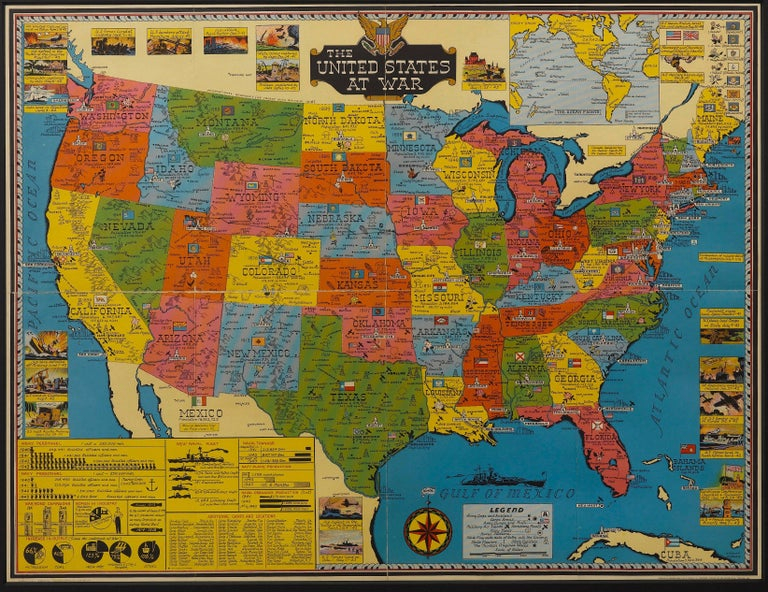Sales of home pressure cookers increased almost five fold in 1943 thanks to Victory Gardens
Home gardening increased as a result of rationing, which the government promoted. Pressure cookers were useful for home canning as a result of the increased amount of vegetables from the gardens. Home canning provided Americans with access to items that would otherwise be rationed and allowed them to trade for foods that did not fall under the rationing system's restrictions. American citizens were able to harvest, prepare, and trade their own food with their neighbors.
In comparison to today's program-and-forget electronic pressure cookers, the home pressure cookers of the 1940s were a far cry. They needed regular monitoring and upkeep, but there was still a chance for disastrous culinary mishaps. Due to conversion to war production, few companies produced pressure cookers throughout the conflict; instead, older, less dependable cookers were employed. Although their lids and seals could not be reused, canning jars were in high demand in hardware stores, general stores, and through catalog sales throughout the war.
Victory gardens started to appear in backyards, on rooftops in cities, in alleys, and in many neighborhoods in open, communal spaces like parks and gardens. Home canning peaked during World War II, declined significantly in the postwar era, and has only lately started to gain popularity again due to a rebirth of interest in less industrialized foods and safer and more convenient pressure cookers. Growing your own food has experienced a comeback as well, this time driven by a desire for healthier diets rather than a necessity brought on by food shortages.












